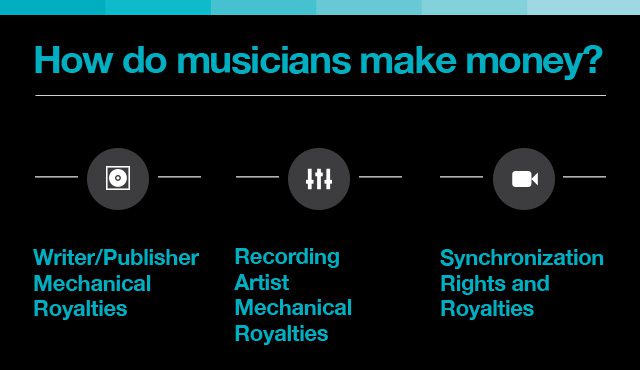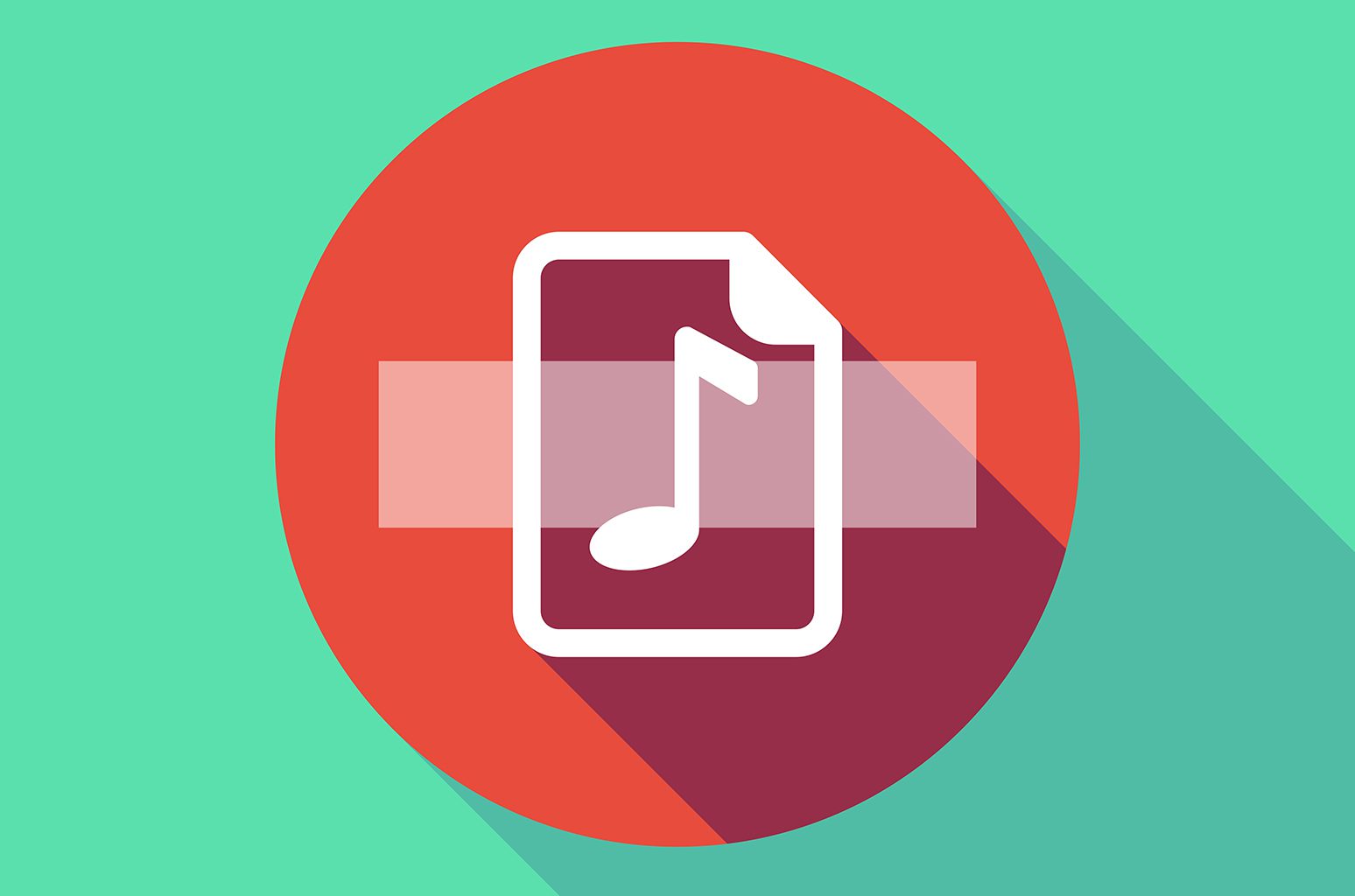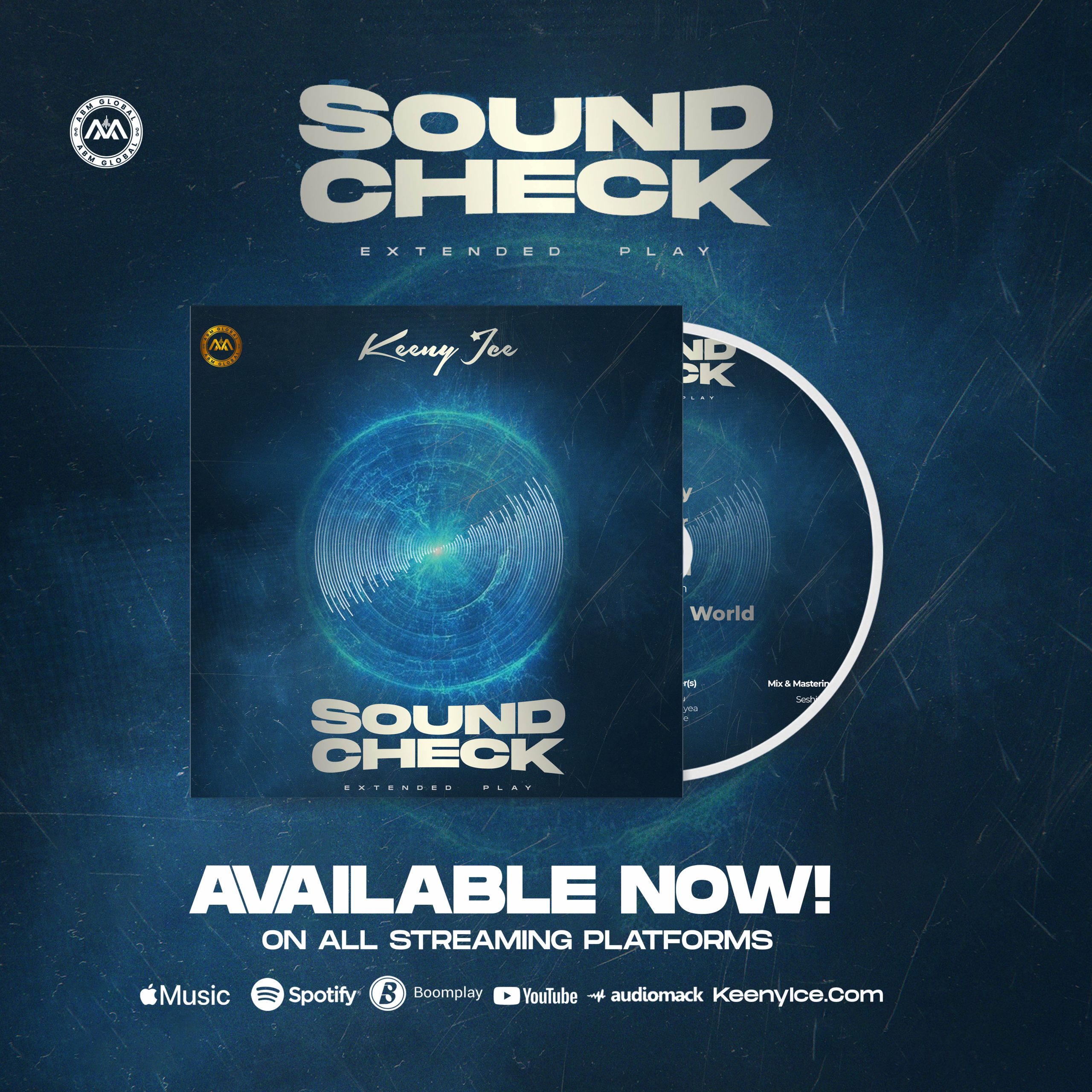Mechanical royalties have been around almost as long as there’s been recorded music, dating back to when the industry started reproducing songs on player-piano rolls. We’ve come a long way from those days, and in today’s digital age, the streaming era is reigning supreme.

Understanding Ownership
Before we get into royalties, though, it’s important to know that a song is split into two: composition and master recording. The composition, which is associated with publishing, is the ownership to the lyrics and the underlying melody of a piece of music, while the master is ownership to the particular (and usually final physical) recording of that song. Usually the songwriters who worked on the song have the ownership to the composition rights while the master recording rights are partially or fully owned by their label or distributor. Performance royalties specifically lay with the composition only.
How Do I Earn “Mechanicals”
While the term “mechanical royalties” dates back to the early twentieth century, in modern day terms mechanical royalties refer to, and are earned, whenever your music is reproduced and sold through either physical copies or via streaming. So when your local retailer sells a copy of your band’s eight-track tape, retro vinyl edition, or just a CD, you earn money. In addition, an artist earns mechanical royalties when their music is viewed or listened to through digital streaming media (i.e. Apple Music, Spotify).
Other, often overlooked, ways you earn mechanical royalties include:
- Ringtones/ringbacks
- Recorded cover songs
- Film soundtracks
- Karaoke recordings
What Are The Rates For “Mechanicals”
The rate paid for mechanical royalties is established by the Copyright Royalty Tribunal(which was established by Congress as part of the Copyright Act of 1976). The current statutory rate is 9.1 cents for recordings less than five minutes long recordings and 1.75 cents per minute for songs longer than five minutes. However, these rates change often and are also determined by a number of factors dependent on the digital streaming platform themselves. Information Is Beautiful has an updated chart to help you compare rates versus traffic.
Rest assured that if you have your songs distributed to many streaming platforms and you’re effectively marketing your music to earn more streams, you have money coming your way through the mechanical royalties you have earned.
Who Collects These Royalties For Me
Artists should be aware that earning the royalties is only one step in the process. Actually getting paid is another. Good record keeping is essential. If you don’t know where your music is being used and played it might be difficult to know if you are collecting everything you earn. One important step to help is to have a publisher collect royalties for you and using a distributor so you know exactly which streaming platforms your songs are on.
Additionally, collecting international royalties can be challenging. It’s, realistically, impossible for a creator to register their music with all the collection societies around the world and it would take more time than you might expect even if you could. Utilizing a publisher is the most efficient means of collecting these funds if your music is being played internationally especially since in some countries it might not be possible for an individual creator to directly collect royalties from societies. Luckily organizations like Songtrust are equipped to do the heavy lifting of tracking down these funds, leaving you more time for the real “business” of making music.

